Case Report – The Geriatric Patient
- by Dundas
- •
- 07 Feb, 2017
- •
- A hesitation or reluctance to jump up to or down from surfaces
- Toileting in inappropriate places – this can be due to discomfort / pain as well as cognitive (behavioural) changes.
- Stiffness after rest
- Reluctance jumping into the car
- Hesitation going up or down steps which can then lead to toileting issues as they are unable to access their usual area.
- Raising food and water bowls a little off the ground to reduce the stretch of joints or the spine in arthritic pets.
- Cats may benefit from a ramp to their favourite feeding and resting areas.
- Laminate and wood flooring are great for modern lift but is a huge source of anxiety and creates difficulties for older pets who have less strength and awareness of limb placemen. Non slip mats can make it easier for them to negotiate moving around the house.
- Litter trays can be adapted by lowering the sides and placing larger trays to make it easier for a cat to get into it and move around.
- Owners of dogs should increase the number of times their pet has access to the outside for toileting possibly using ramps to avoid steps.
- Pheremone diffusers such as Adaptil or Feliway can be used to reduce anxiety especially at night or when left in the house alone.
- Enhance the environment by using puzzle feeders. This may help relieve frustration in animals with reduce mobility.
- Research is on-going into dietary supplementation particularly looking at the role of Essential Fatty Acids and Antioxidants and there are indications that these can help prevent some of the changes noted.
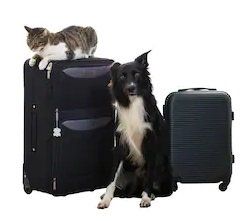
From 4th June 2025 the Northern Ireland Pet Travel Scheme will be launched. This will allow the non-commercial movement of pet dogs, cats and ferrets from Great Britain to Northern Ireland providing there is no onward travel to the Republic of Ireland or the E.U.
To take advantage of this scheme pet owners can now apply for a Pet Travel Document (PTD) directly from the government online portal below:
https://www.gov.uk/apply-for-northern-ireland-pet-travel-document
Your pet must be microchipped to apply for the PTD. A Rabies vaccination, tapeworm treatment and an Animal Health Certificate are no longer required. The PTD is free to apply for and will last for as long as you own the pet. You cannot take more than 5 pets to Northern Ireland unless attending or training for an event for which written evidence is required.
When travelling, your pet’s microchip will be scanned at the port or airport. There are no checks if you are travelling from Northern Ireland to Great Britain. More details and up to date government advice can be found here:
https://www.gov.uk/taking-your-pet-abroad/travelling-to-northern-ireland
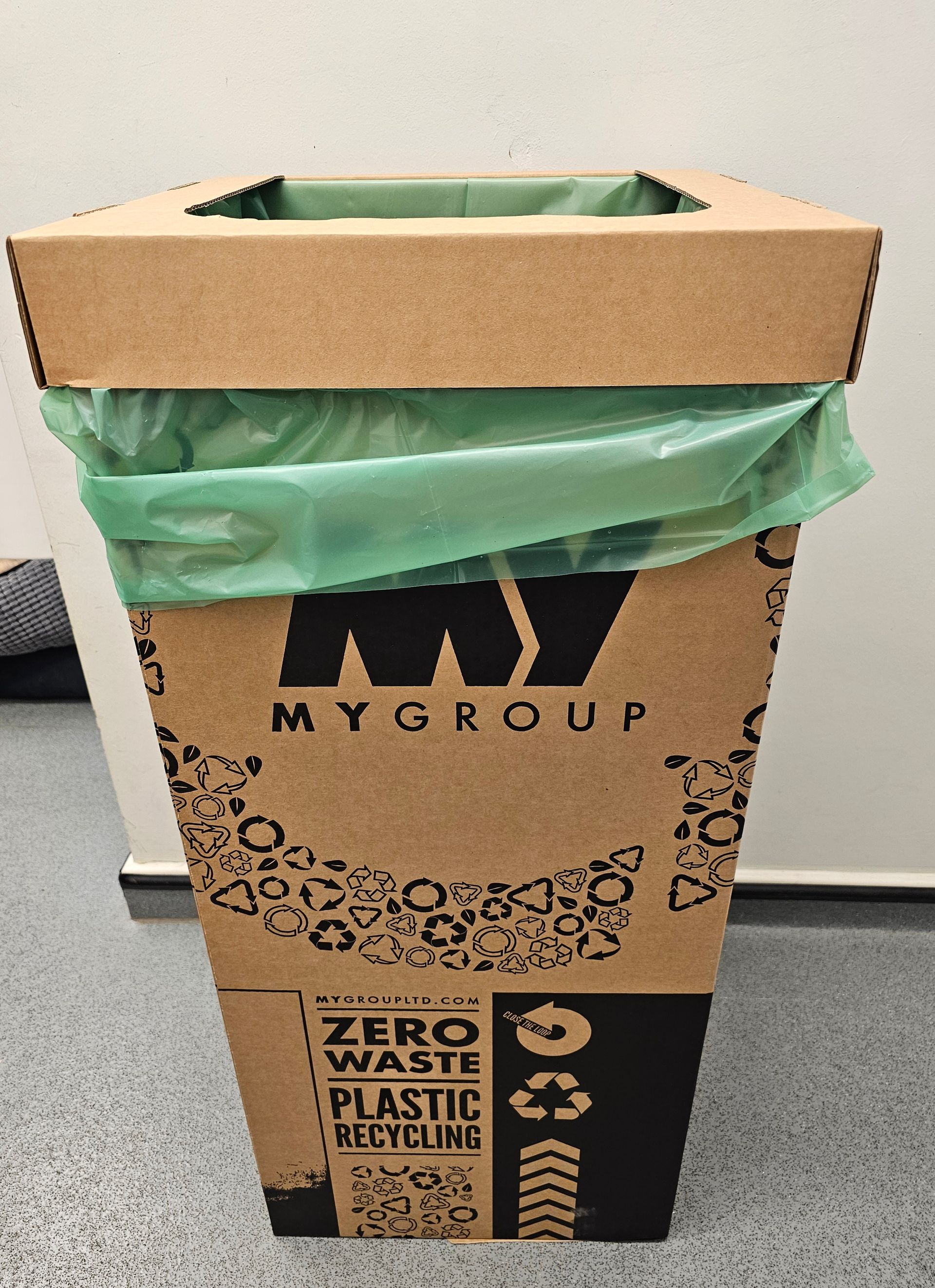
DUNDAS VETERINARY GROUP ENVIRONMENTAL POLICY-CLIENT INFORMATION
At Dundas Veterinary Group we are committed to trying to reduce our impact on the environment throughout our daily running of all of our branches.
There are many ways in which you, as our valued clients, can help to ensure we can try to achieve this:
1. APPROPRIATE ANTIBIOTIC AND PRESCRIPTION MEDICINE USAGE-our vets are focused on providing the best healthcare for your pet and prescribe medications appropriately to their specific needs. In doing so our vets will only dispense the amount of medication required to avoid the unnecessary waste of medicinal products, especially with regards to antibiotics.
Our vets follow very careful protocols with respect to antibiotic use to help try and reduce the risk of antibiotic resistance and minimise the potential harmful environmental impact.
We, therefore, do encourage owners to bring back any unused medications to the practice at your appointments so we can safely dispose if these for you.
2. RECYCLING OF MEDICINAL PACKAGING-as part of our daily protocols we are very conscious to try and recycle as much material as possible and are always looking at ways to minimise our waste output.
We welcome clients to bring back blister packs and packaging from their dispensed medications at their next appointment.
3. CONTACT & MILEAGE- we have various ways for clients to stay in touch and offer post op checks via pets app and email to reduce client mileage and environmental impact. When first registered we will allocate the branch closest to you and when possible arrange appointments at this branch.
Please see our Facebook/petsapp/practice noticeboards for further updates.
If you have any further questions or suggestions with regards our environmental policy, we welcome our clients views-please email the practice nurses@dundasvetgroup.co.uk

Thanks goes to The City of Edinburgh Council for helping with the picking supplies and also to Dog Aid Scotland for the support on the day.
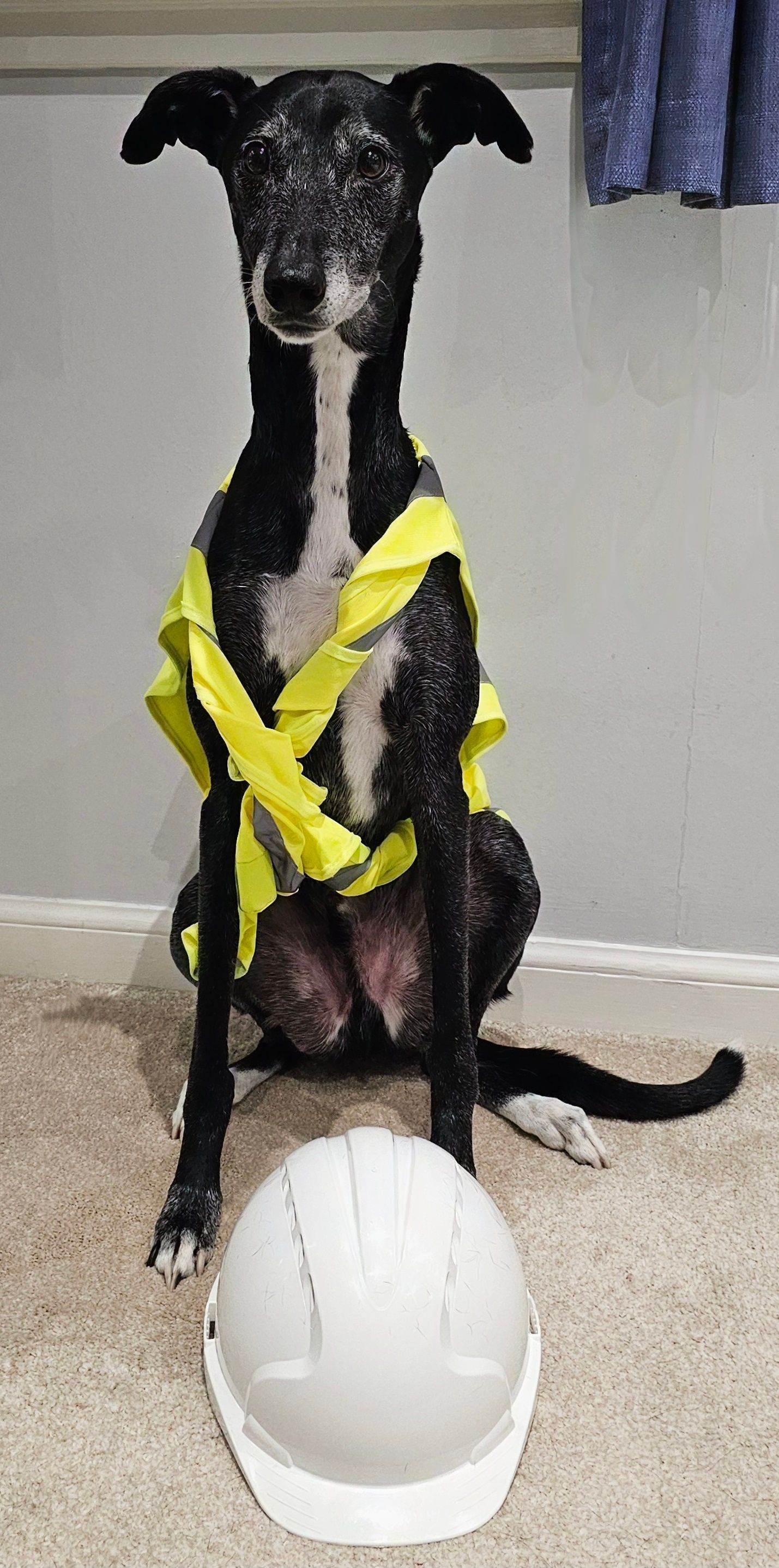
Our Dundas Street Reception area is getting refurbished this coming weekend.
From 5pm on Friday 14th February until 8am on Monday 17th February, our Reception will be closed.
To allow this work to take place, our Saturday morning surgery will take place from 9am to 12noon at our Granton branch, 34 Granton Road, Edinburgh, EH5 3QS, 0131 551 1407.
Please bear with us while we carry out this work and look out for the photos!

We will be closed on the following days over the Festive Period:
Wednesday 25th December
Thursday 26th December
Wednesday 1st January
Thursday 2nd January
If you have an emergency during these closures, please contact our emergency care provider
E-Vets on 0131 662 1689.
We would like to wish all our clients a very Merry Christmas and a Happy New Year.
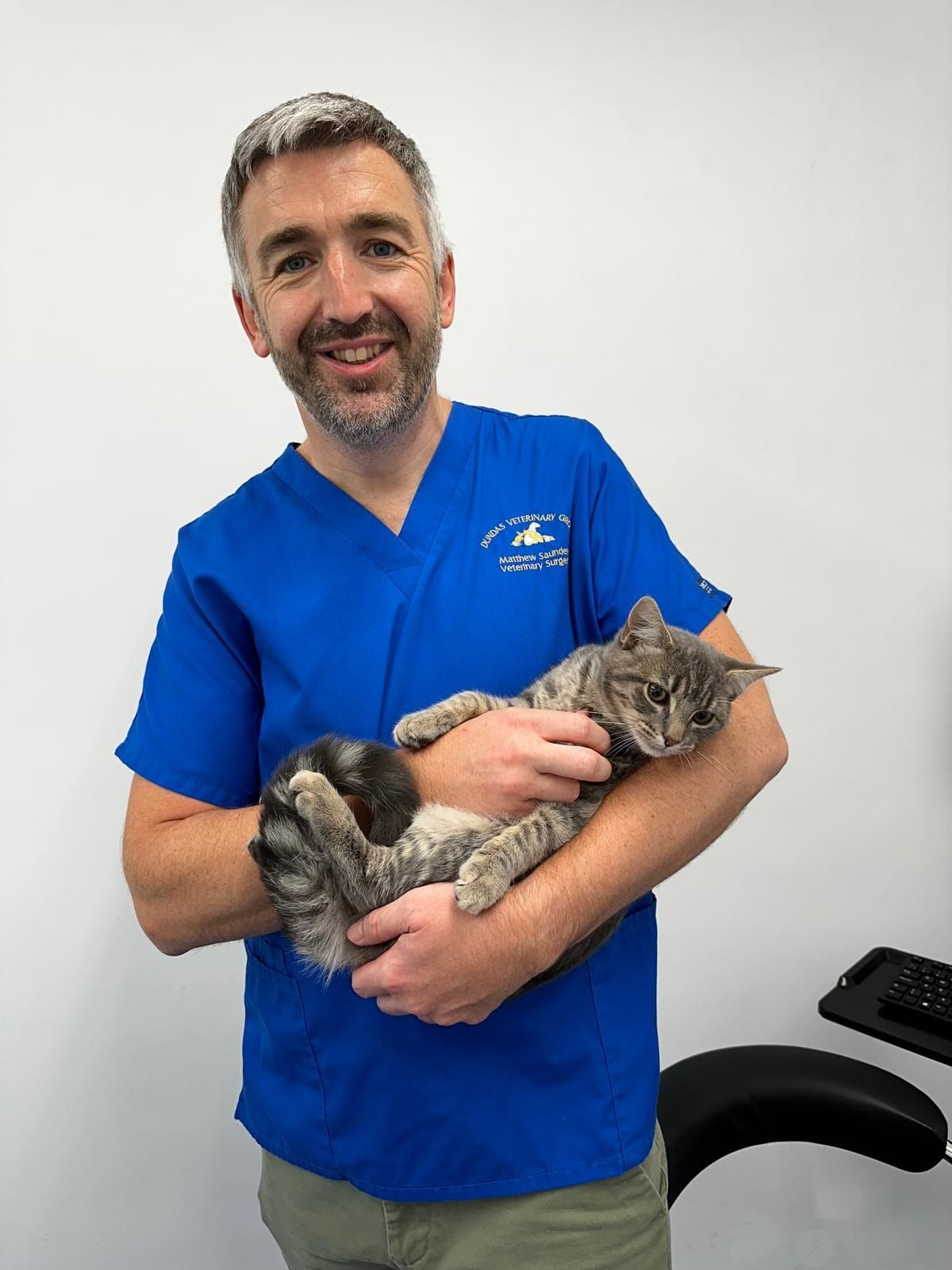
Matthew has been qualified since 2006, with additional qualifications in Endoscopy and keyhole surgery. He also has a keen interest in Ophthalmology and is working towards further qualifications in this discipline.
We are thrilled to have Matthew join our team and he is looking forward to meeting you all with your pets!
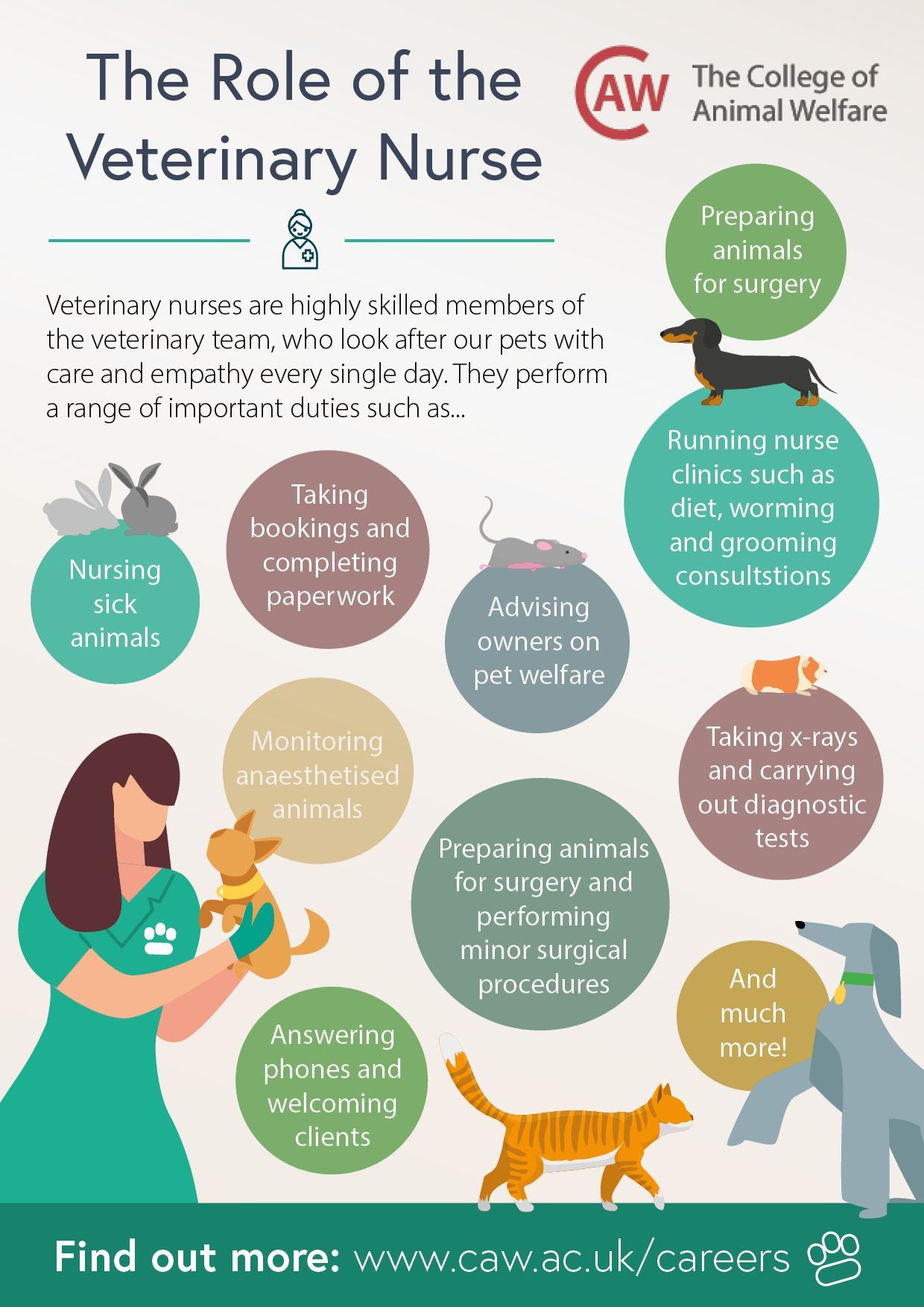
Please contact Dundas Street reception for more information.






